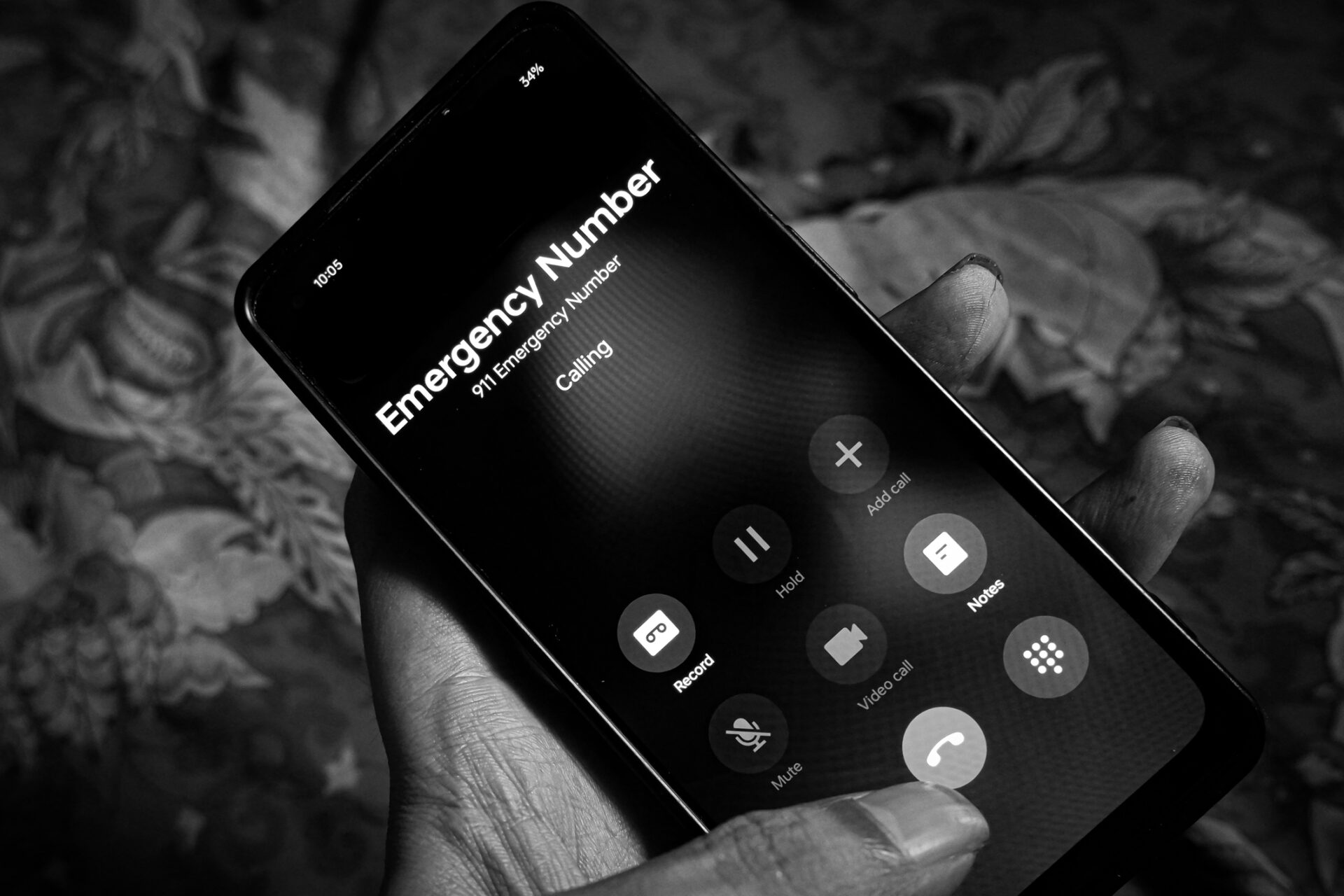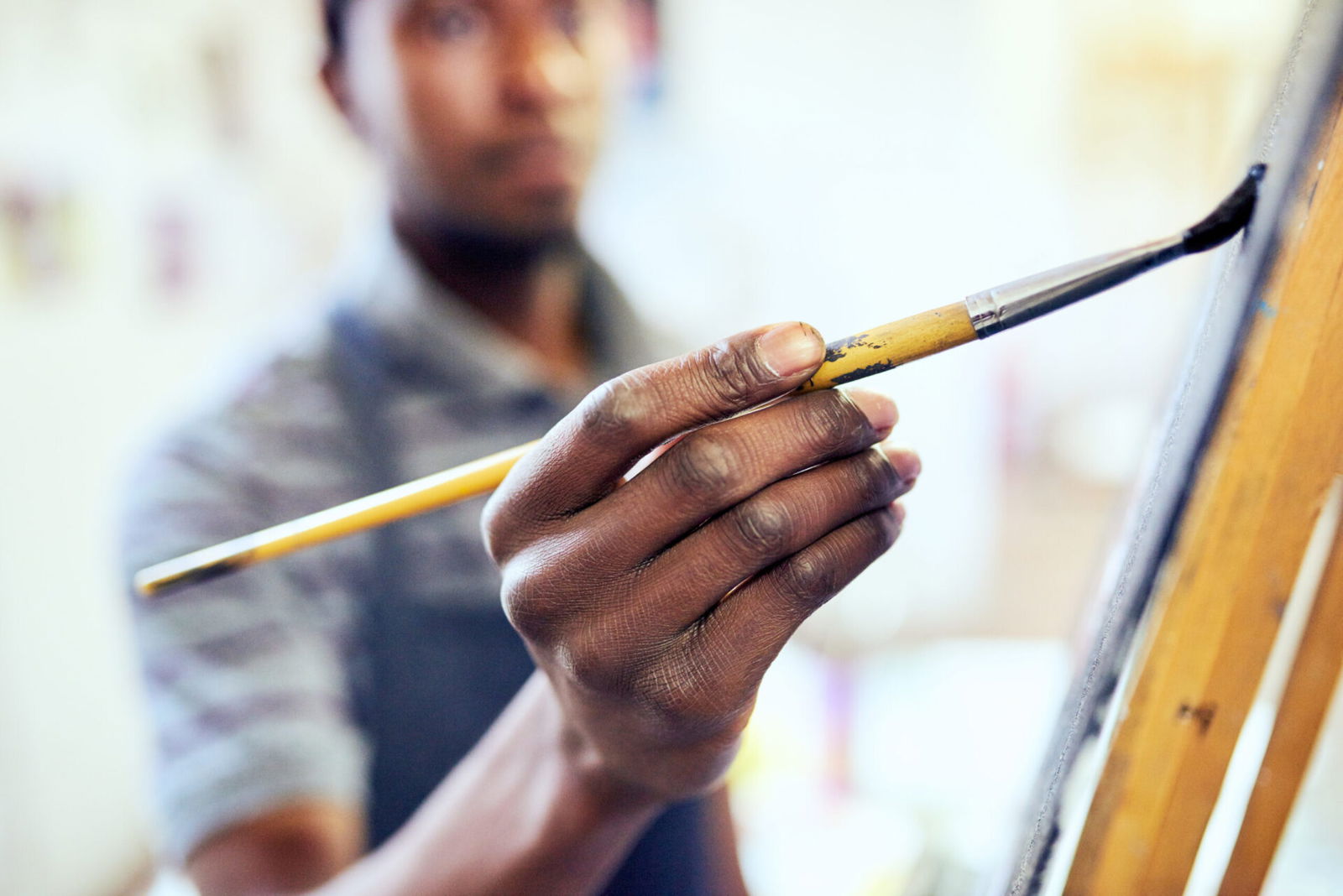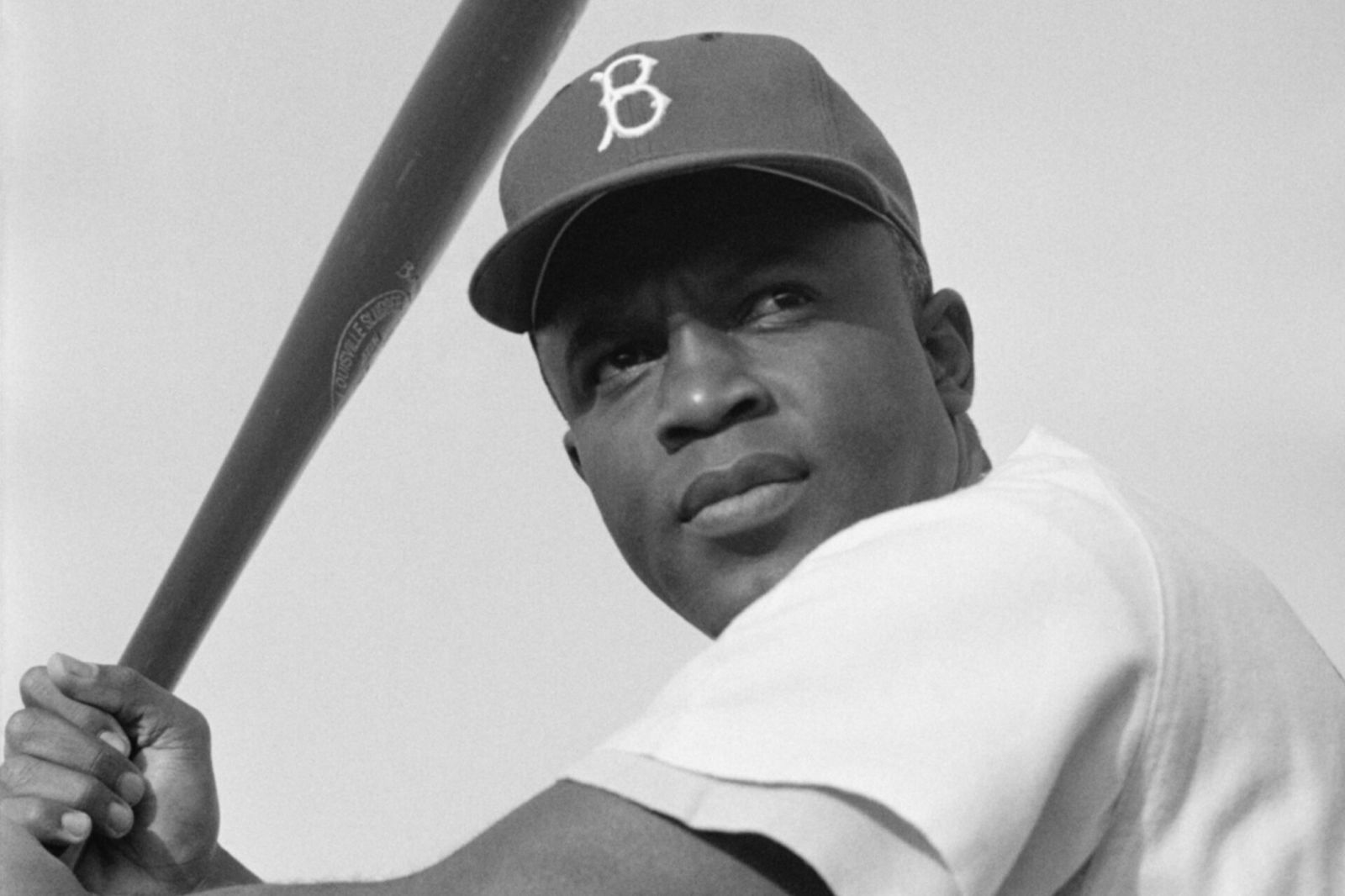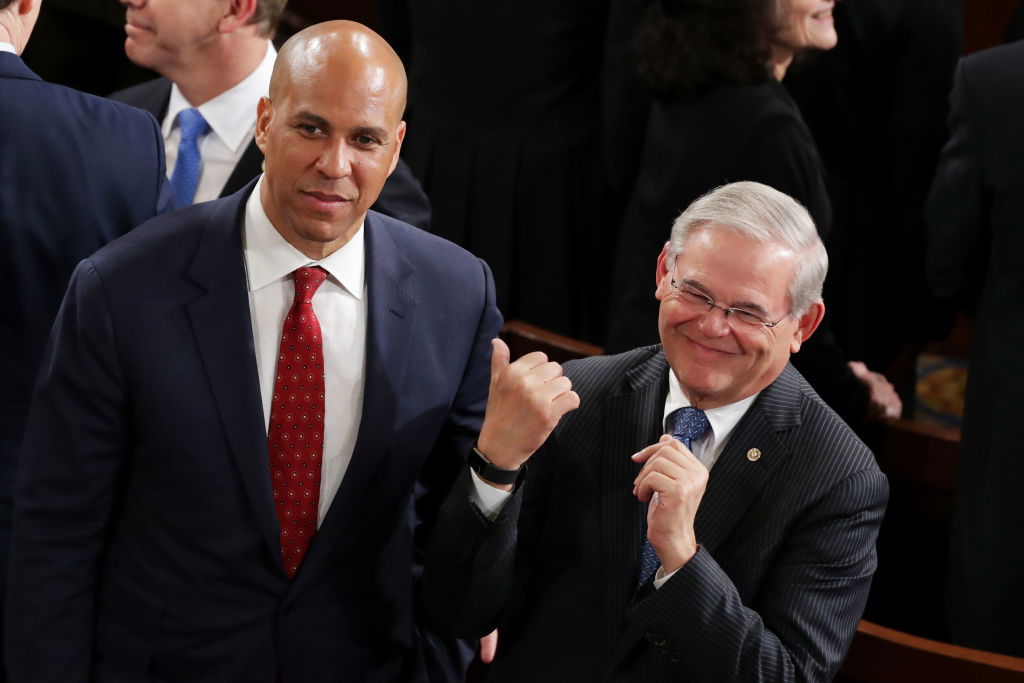
April 2, 2025
HBCU Basketball Program Scores Landmark Partnership With AND1
Wilberforce's new women's basketball coach, Rachel Naughton, brought the partnership to fruition.
The basketball program at Wilberforce University has scored an historic partnership with AND1, which seeks to elevate and invest in Black college athletes.
AND1 will partner with the Ohio-based HBCU to highlight the ingrained connection between streetwear culture, basketball, and Black youth. Now, the athletic brand that catapulted street-ball aesthetics to the mainstream will merge its talents with the athletes at these hubs of Black culture.
Wilberforce’s women’s basketball coach, Rachel Naughton, helped bring the partnership with AND1 to fruition. The visionary, who helped turn around a previous loss-filled season, connected with AND1 about this opportunity to uplift this community.
The HBCU grad spoke to BET News about the impact of this deal and what it means for the future of HBCU athletics. She detailed how her One Goal One Youth nonprofit prompted these discussions to further AND1’s reach at the underfunded school.
“AND1 has a rich history of developing Black leaders,” expressed Naughton. “I just thought that the synergy was just a blessing. I was hired [as Wilberforce’s head women’s basketball coach] last June, and then here we were in August, proposing sponsorship to a major brand.”
Naughton took over the women’s basketball program after it earned only two wins. Without much help or even an assistant coach, Naughton overhauled the program, leading it to an impressive 11 wins this past season. Now, the AND1 partnership has also become the final piece of the puzzle.
“I always respected AND1 and what they did for our community and for basketball,” she continued. “I just feel like I’m a part of that movement now, because now, we’re doing some big things at the HBCU level. HBCUs are undervalued, we’re underdeveloped, we’re underfunded, and we’re absolutely underrepresented. It just means a lot to me that AND1 is using their platform and branding to elevate our community.”
For Naughton, AND1 is vital in building a “winning culture” at the university and across HBCUs. Her goal remains to encourage Black athletes to aspire for more while at these storied institutions.
“The whole idea is just fostering a winning culture, and I want to leverage and use this partnership to attract new talent, absolutely, because they made our players feel valued, and that was the key, that was the blessing,” she added.
In an era where college players can be millionaires before going “pro,” Naughton wants to level the playing field and recruit talented ballers to represent HBCUs. With AND1 supporting her and her continued journey at Wilberforce, Naughton hopes to make long-lasting changes while bringing more wins to the school’s athletics program.
“I’m a competitor; I’m a leader, and I pride myself on that. I’ll make an opportunity happen, whatever that entails.”
RELATED CONTENT: Wilberforce University Becomes First HBCU To Be Sponsored By AND1








